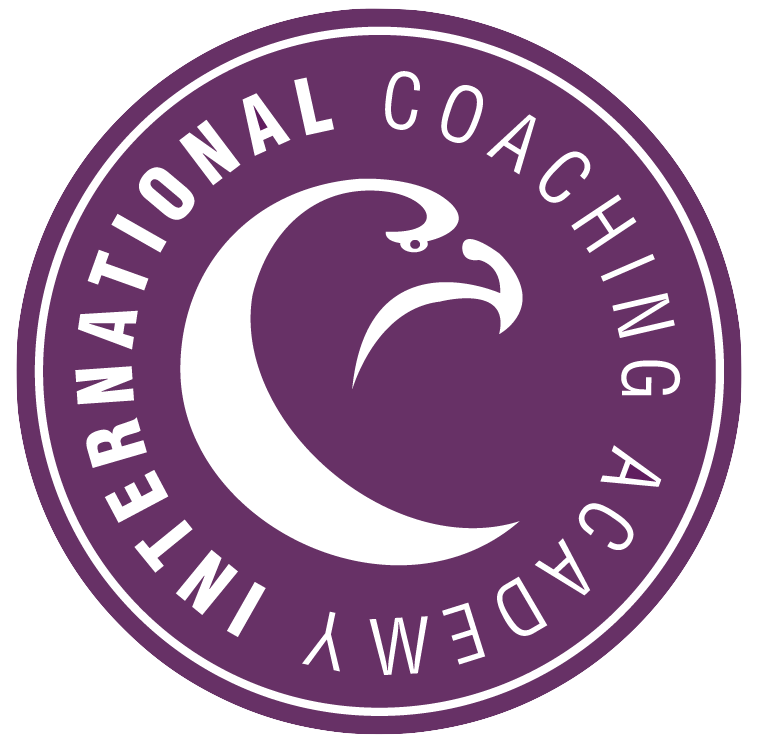As much as we all wish for more hours in the day, it’s never going to happen. What we must do instead is make better use of the time we do have.

There are numerous things you can try to achieve greater levels of productivity but you may be surprised by how simple some of the methods are. Here are six to get you started.
Ditch Multitasking
The concept of multitasking originated in the world of information technology when engineers enabled computers to accomplish more than one task at a time. Somehow, we seem to have reached a point where it’s not just computers that are expected to have mastered the art of multitasking but humans too. Undoubtedly, there are some people who are exceptionally good at juggling simultaneous tasks but research puts the number at just two percent of the workforce. According to Peter Bregman, writing for the Harvard Business Review, productivity for the remaining 98 percent of people drops by 40 percent when multitasking. There are few businesses who could sustain such a reduced rate of productivity for very long, so do yourself and your organisation a favour by focusing on one task at a time.
Know Your Energy Levels
When scheduling your diary for the week ahead, it’s all too easy to ignore your normal energy levels. We all have our own circadian rhythm or body clock. That’s why some people describe themselves as morning people and others prefer to work late at night. Your body clock has a massive impact on how productive you are during each working day, so it pays to plan around it. Scheduling low-level tasks such as email catch-up during the times when you know your energy levels dip can help you remain focused through what would otherwise be unproductive time. On the flip side, if you know that you feel at your perkiest after lunch, it’s wise to diarise the most important tasks of your working week to coincide with that refreshed feeling.
Prioritize Your Work
Maintaining a to-do list has plenty of benefits but a list that’s too long can quickly start to feel intimidating and unachievable. Having a smaller to-do list or perhaps two lists - one listing your three most important tasks and a second one listing nice to haves - is much easier to digest. Focus on getting your most important tasks completed first or in the words of Brian Tracy - Eat that Frog! In the same vein, you can give your productivity a real boost by front loading your week. Most people start to wind down as the weekend approaches. By factoring this weekend hysteria into your weekly schedule and planning to take care of all your must-dos early on, you have a much better chance of staying on top of things.
Take a Break
Taking a break when you’re trying your best to maximise your productivity may sound counterproductive but the opposite is true. If you try to work relentlessly through your day, distraction, flagging energy levels and decreased productivity will likely be your reward. Experts differ on how often you should take a break but the Pomodoro Technique developed by Francesco Cirillo in the 1980s works well for many people. This technique requires that you work in bursts of 25 minutes followed by a break of either five or ten minutes. Researcher Peretz Lavie also advocates taking regular breaks although argues that 90 minutes of focused effort at a time are more in line with most people’s natural cycles. Try out both methods to see what works best for you.
Understand Your Current Situation
People who want to save money each month are consistently advised to create a budget to understand what they spend their money on and where savings can be made. In a similar fashion, when you are hoping to be more productive, you must first understand how and where you are currently spending your time. You don’t need any specialist software or apps to achieve this clarity. Simply keep a notepad and pen by your side for the next week and keep a running tally of your activities and how long you spent on them. At the end of the week, you may be surprised to see how much time you are wasting on non-productive activities. Ongoing, it’s important to continue to evaluate your efforts at least once a month to ensure you remain on the right track.
Avoid Distractions
A study by the Department of Informatics at the University of California Irvine found that it takes the average person more than 20 minutes to refocus on a task following an unexpected interruption. Whether you are working from home and having to field off interruptions from your spouse and kids or a middle manager attempting to deal with employees and senior management, distractions can have a significant negative effect on your productivity. Avoiding these interruptions is imperative if you want to achieve more. Similarly, your train of thought can be easily interrupted by notifications from your computer or smartphone. Turning notifications off is a simple way to ensure that you can deal with unexpected requests at a time that suits you.
You wouldn’t necessarily want to try these productivity-boosting exercises all at once. It’s best to pick one method and incorporate that into your routine first, adding a second when you have mastered the first and so on. You will soon find that you have whipped your working habits into shape.
Share this Post
Transform your life in 3 months with the ICA Master Programme

After almost 20 years of experience delivering coaching and training courses from our training facility in Liverpool, we have created an in-depth programme covering the four areas that we find people struggle with the most. The result is our ICA Master Programme. Delivered at our Liverpool Academy, two evenings a week for 12 weeks, you will cover:
Personal Performance Coaching
Executive Leadership Coaching
Accelerated Learning
Grow Your Business, Grow Your Life
